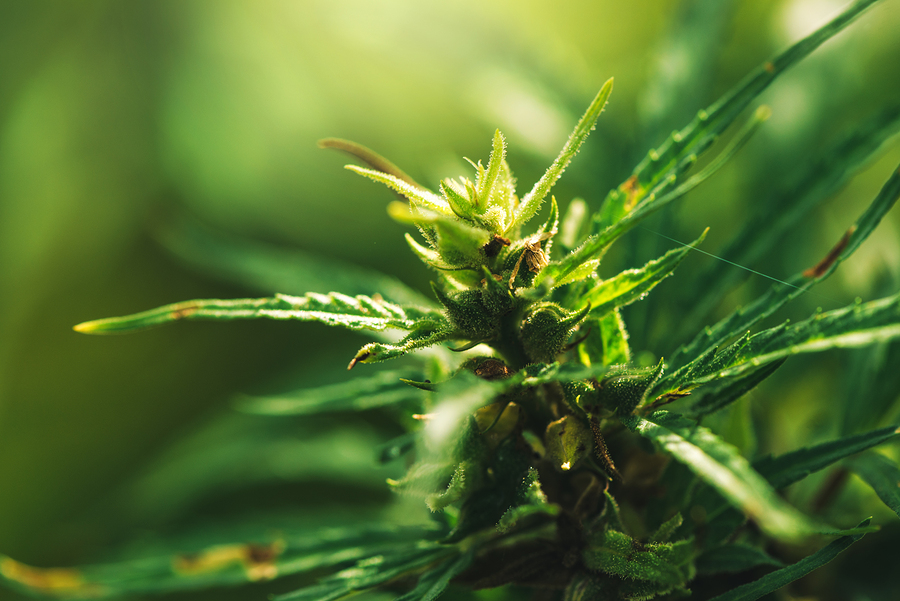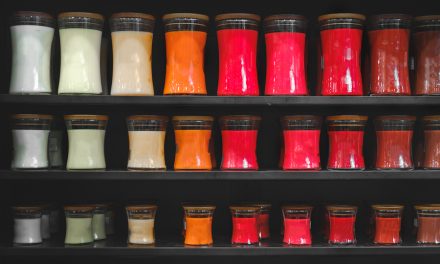Last week, Organigram, a grower in Canada, voluntarily recalled their product (which included almost all of their cannabis buds and oils produced in 2016) because- like Aurora Cannabis Enterprises, Inc. did this week- traces of a controversial pesticide banned in Canada were detected in their supply. As Canada is expected to legalize cannabis, this raises questions about Ottawa’s oversight in the industry.
The recalls involved traces of the chemicals bifenazate and myclobutanil, both prohibited for use on legal cannabis in Canada. Aurora suggested their users destroy any remaining product included in the recall and Organigram offered patients refunds.
From the article:
“Myclobutanil is permitted in small doses on certain crops that are eaten, since the chemical compounds are metabolized by the digestive system and rendered non-toxic. It is also approved for crops that don’t retain high levels of pesticide residue as they grow.
The pesticide is not approved for use on plants that are combusted, such as tobacco or cannabis, and is known to emit hydrogen cyanide when heated. Lawmakers in Colorado, Washington and Oregon moved quickly to ban myclobutanil, in some cases enacting emergency legislation when they discovered growers using it.”
Organigram doesn’t know how the banned substance got on its crops and are working with Health Canada to prevent further issues.
While no process is perfect, it is nice to know the government is willing to ban harmful pesticides, but more could be done. Colette Rivet, executive director of Cannabis Canada (a trade association that represents half of the country’s 30 licensed producers) suggested Health Canada require growers to test for more substances than just the 13 pesticides currently approved for use on medical marijuana.
Thankfully no one reported any issues or side effects from the medical cannabis. If you have products from either of those growers, you’ll want to contact them immediately.
Source: The Globe and Mail












